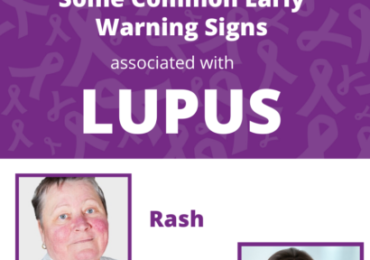Here at Arthritis, Rheumatic & Bone Disease Associates, we treat a number of patients who suffer from osteoporosis or other conditions that feature a lack of bone density or bone quality. Many of these patients also have a Vitamin D deficiency.
So, when we saw a recent study examining the link between Vitamin D supplementation and cancer mortality, we naturally were intrigued.
Researchers representing such esteemed institutions as Harvard University and Brigham and Women’s Hospital looked at how Vitamin D could possibly play a role in the prevention of cancer incidence and cancer death. They found (1):
- An association between Vitamin D supplementation and a 13 percent reduction in cancer mortality after a follow-up period of 3 to 10 years.
- Vitamin D can potentially benefit cancer patients in every step of their journey, from hindering tumor development in the late stages to making cancer treatments more effective and eventually increasing the chances of surviving the disease.
- Vitamin D deficiencies are quite common worldwide.
- In keeping with Endocrine Society recommendations, adults may need to take in as much as 1500 to 2000 IU of Vitamin D per day to reverse or prevent a deficiency. This is a higher dose than commonly accepted recommendations.
As medical professionals devoted to bone health, we wholeheartedly support awareness of Vitamin D’s importance to our bodies. We know our patients can benefit from paying closer attention to the amount of Vitamin D they’re taking in — particularly those patients who don’t spend much time in the sun or have diets devoid of dairy.
As you might already know, Vitamin D comes from the sun and a few dietary sources, such as milk or fish, and it helps our bodies absorb calcium. But Vitamin D also has an effect on the growth of cells, as well as on our immune and cardiovascular systems (2), and just spending a little time outdoors or drinking a glass of milk won’t provide your body with enough Vitamin D to keep you — and your bones — in tip-top condition as you age.
Now, we’re learning more about a possible link between a lack of Vitamin D and cancer. While cancer death rates have declined over the last quarter-century (3), that certainly doesn’t mean we can let our guard down or not take the necessary steps to protect ourselves.
At ARBDA, we’re invested in protecting our patients. If you’re wondering if you suffer from a Vitamin D deficiency and it’s causing or exacerbating other health conditions, talk to your doctor. We’ll help you come up with an effective plan for getting more Vitamin D in your diet.
For more information or to schedule an appointment with our experts, give us a call today.
Source: (1) https://www.ncbi.nlm.nih.gov/pubmed/30796437
(2) https://www.ncbi.nlm.nih.gov/pubmed/18844838
(3) https://www.cancer.org/latest-news/facts-and-figures-2019.html


